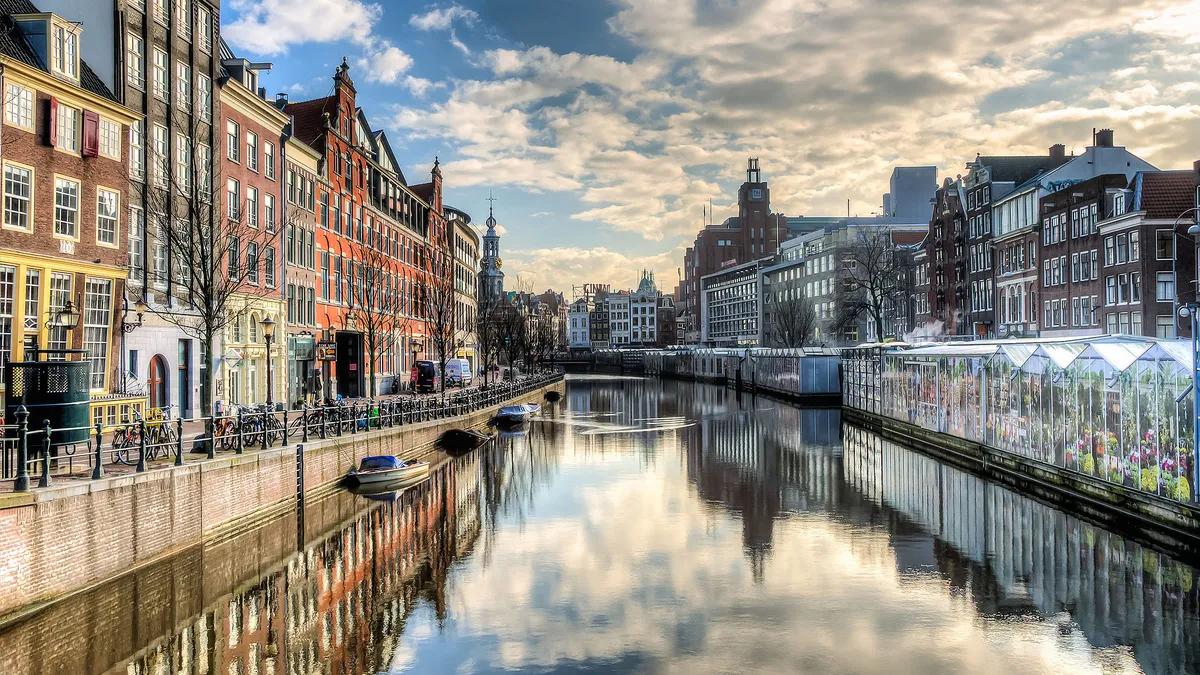Dive Brief:
- The newest chapter in the drive for automated transport — the Roboat — will reach Amsterdam in 2017 through a $27 million research program led by the Amsterdam Institute for Advanced Metropolitan Solutions, according to their website.
- The Roboat project aims to build autonomous vessels to travel autonomous waterways serving as driverless taxis, cargo transporters, and even temporary infrastructure during rising tides or major events. In addition, the vehicle will also collect data on water quality and its surroundings to further other projects.
- If successful in Amsterdam, trials may soon expand to Cambridge, MA and Waternet in the Netherlands, according to the press release. The Massachusetts Institute of Technology, Delft University of Technology, Wageningen University and Research are all contributing to the project.
Dive Insight:
The time has come for the “self-driving” concepts to become ubiquitous. Already we are testing self-driving cars on the streets of Pittsburgh and testing on self-driving trucks is getting serious. So why not self-driving boats? Or in this case, self-driving “shipping pontoons.”
All technology is developed in several phases and while self-driving cars are already being manufactured and autonomous trucks are increasingly tested, the idea for autonomous ships is still in its infancy. Yet self-driving ground transport were just ideas, too, at one point and now are threatening to revolutionize long-haul and last-mile logistics.
While "Roboats" in their current iteration will be used for simple tasks not capable of revolutionizing the logistics industry yet, the technology to navigate even low-current water without human intervention could pave the way for increased automation in the long-haul shipping industry.
In the meantime, what is certain is that if successful, this technology would certainly transform the ways by which ships engage with the urban landscape and could influence future design. A report by the CBRE Global Industrial & Logistics on global supply chain transformation names autonomous technology as one of the main drivers for industrial transformation going forward.












